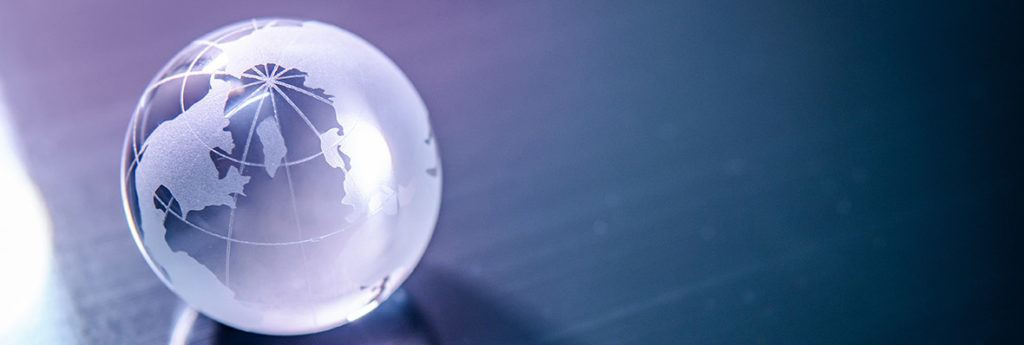It’s not good news for the cruise lines. The Centers for Disease Control and Prevention’s ‘No Sail’ order has been expanded it to cover all cruise lines sailing in US controlled waters and extended 100 days – from March until July. The CDC said cruises accelerate the spread of COVID-19 and increase the burden on the US medical system.
The order bars new cruises until the Department of Health and Human Services no longer considers COVID-19 a public-health crisis, the CDC rescinds or changes the order, or 100 days pass after the order is published in the Federal Register.
The order also prevents cruise lines from letting passengers or crew members exit their ships at US ports without permission from the Coast Guard. There are 114 ships carrying over 93,000 crew members in or close to US ports, according to the CDC, and 6,000 passengers were still on Carnival’s ships as of March 30, the cruise company said.
The order which effects all cruise ships at US ports also stipulated that It wants defined plans on how cruise lines will handle new outbreaks with ‘limited reliance on state, local, and federal government support.’
Summer holidays
The head of the European Union’s executive branch is suggesting that people hold off on booking summer vacations for now, pointing to uncertainty surrounding the coronavirus pandemic.
Most planes are currently grounded and many countries have put wide-ranging travel restrictions and warnings in place. Some nations are considering first steps out of weeks-long shutdowns of public life but much of Europe is near a standstill.
European Commission President Ursula von der Leyen tells Germany’s Bild am Sonntag newspaper she “would advise waiting with such plans.”
She added in an interview published Sunday that “no one can make reliable forecasts for July and August at the moment.”
Indigenous Tourism
Indigenous tourism operators are calling on Ottawa to increase their funding to help businesses survive the COVID-19 pandemic. Keith Henry, president and CEO of the Indigenous Tourism Association of Canada, says Indigenous tourism contributed more than two billion dollars in direct gross domestic product last year.
But tourism associations say little to nothing has been done to help their sector, which, like so many others, has been crippled by the COVID-19 pandemic. Tour operators in remote communities along the BC coast have been devastated.
Henry calls the situation “a complete crisis.”
Tourism Minister Melanie Joly has said the federal government is working on a stimulus package for Indigenous tourism operators, but no details have been released.
Cash or vouchers
Southeast Asian travel associations are urging airlines to refund passengers for flight cancellations due to the coronavirus outbreak, rather than issuing travel vouchers.
The International Air Travel Association estimates industry liability in this area at US $35 billion, but told the travel agent community in a letter earlier this month that airlines’ most urgent need amid the crisis was to keep their remaining liquidity to pay salaries and other fixed costs. As such, IATA said airlines should be allowed to issue vouchers in lieu of cash refunds to ease their burden.
But the Federation of ASEAN Travel Associations, which represents over 7,700 travel agents in 10 Southeast Asian nations, says it is “a matter of principle” to return payments collected from customers. While it is sympathetic with airlines, it says it is “poor financial management” to take deposits for future services but unable to provide refund.
The federation urged IATA in a statement Sunday to compel airlines to process cash refunds, failing which it warned could stifle forward bookings, travel patterns and consumer confidence as well as spur unnecessary lawsuits. It also urged governments worldwide to provide financial resources and relief to the aviation and travel industry.
With a third of global fleet parked as countries sealed their borders due to the virus outbreak, IATA has estimated that revenue for passenger ticket sales will fall 44% from last year.
Virgin Australia
Virgin Australia is now operating just a single Sydney to Melbourne route six days a week. Admitting demand ‘all but dried up,’ Australia’s number-two carrier had already reduced capacity to just 10%.
“We are doing everything we can to preserve our cash balance, and given we are seeing little to no demand on our existing skeleton schedule, it is appropriate that we reduce our capacity further,” said Stuart Aggs, Virgin COO.

